The Foreign Account Tax Compliance Act or FATCA is a tax law introduced in the US to curb tax evasion and increase transparency between countries with respect to US taxpayers’ income from foreign countries. All US taxpayers have to be FATCA compliant and have to self-certify themselves in the country where they have investments by submitting a FATCA form. For example, an NRI living in the USA and investing in India needs to self-declare FATCA compliance. Suppose an individual fails to self-certify their bank accounts and other Indian investments. In that case, all their investments will be suspended. This article covers the FATCA declaration in NPS, its importance, consequences, and FATCA self-certification procedure in detail.
What is FATCA?
FATCA stands for Foreign Account Tax Compliance Act. It is a tax law that the USA endorsed in 2010 as a part of the Hiring Incentive to Restore Employment (HIRE) Act. Under this law, foreign financial institutions and few non-financial institutions have to report all the details of US taxpayers’ financial accounts to the Internal Revenue Services (IRS). They also have to report any cases of tax evasion.
In other words, FATCA aims to provide transparency and limit tax evasion. By keeping a tab on the income earned from foreign assets, the IRS aims to monitor and curb tax evasion. In India, the government agreed to FATCA in 2015. Under this agreement, NRI living in the USA and investing in India need to self-declare FATCA compliance. They can do so using Form 61B, as per the Income Tax Rules, 1962. Indian financial institutions will then carry out due diligence and authenticate the self-declaration.
FATCA applies to all NRI and PIOs who are working in the US. Few of the Indian investments that are to be declared under FATCA are fixed deposits, National Pension System, mutual funds, PPF, stocks, capital gains, and bank interest. A few of the assets that do not come under FATCA are house properties, antiques, cars, jewellery, and collectables.
Non submission of FATCA form may lead to freezing all bank accounts and suspension of investments in fixed deposits, mutual funds, National Pension System, PPF etc. Since FATCA is an effort to fight tax evasion, NRIs living in the US and earning income from Indian investments need to declare their income.
Why should you self-certify?
Self-certification is the process where the Indian financial institutions will ask NRI account holders to certify a few details about themselves. Indian financial institutions will then carry out due diligence and authenticate the self-declaration.
Consequences of default in self-certification
In the case of non submission of FATCA self-certification, the following are the consequences:
For bank account holders:
All NRI bank account holders should have self-certified before 30th April 2017. In case an individual didn’t self-certify, then the bank account will be frozen, and no further transactions will take place from these accounts.
For investments:
In the case of investments like mutual funds and the National Pension Scheme, the investment accounts will be blocked if the NRI is not self-certified. The account holders will not be able to transact further with their mutual fund’s folios and NPS accounts.
How to make your NPS account FATCA compliant?
To make one’s NPS account FATCA compliant, one has to follow the steps below.
- Firstly, you need to visit the NSDL website using this link: https://www.cra-nsdl.com/CRA/ for FATCA online certification.
- Secondly, you have to select the FATCA compliance from the list of options available.
- The page will be redirected to the self-certification tab. Here enter your PRAN number and click on submit.
- Now you need to fill in the FATCA declaration form with details like name, PAN number, nationality, address, city and country of birth, occupation and income. You must also submit the tax residence number if you are a resident of another country and click on submit.
- Check the box for signing the declaration and authorization.
- Lastly, OTP will be sent to the registered mobile number. As an NPS subscriber, you have to authenticate to complete the self-declaration of NPS FATCA online.
- A FATCA certification acknowledgement will be displayed on the screen. Store the NPS FATCA certification acknowledgement number as proof.
When to submit physical FATCA self-certification?
In case an individual is born outside India, or has citizenship outside India, or is a resident outside India for tax purposes, they have to submit a FATCA declaration form. The form can be submitted to a nodal office or Central Recordkeeping Agency CRA.
For the National Pension Scheme, one can submit the FATCA declaration form physically. One is required to submit physical FATCA certification for NPS to Central Recordkeeping Agency CRA at the following address:
NSDL e-Governance Infrastructure Limited, 10th Floor, Times Tower, Kamala Mills Compound, Senapati Bapat Marg, Lower Parel, Mumbai – 400 013.
How to check FATCA compliant status?
To know your FATCA compliance status, you can click on the link here
Here, by entering the PRAN number, you can check their FATCA compliant status.
How to download FATCA self-certification form?
You can download the form for FATCA declaration certification in NPS in the link given below
https://npscra.nsdl.co.in/download/pdf/FATCA%20Self%20Declaration%20Format.pdf
How to fill the FATCA self-declaration form physically?
Individual NPS subscribers can click the link here to download the FATCA self-declaration form.
The self-certification form has the following sections that you need to fill in:
- Basic details: In this section, you have to fill in your name, PAN Card number and date of birth.
- Part I: In this section, you have to fill in their country of birth, citizenship and residence for tax purposes, and whether you belong to the US or not.
- Part II: If the country mentioned in the above section is India, then you can directly proceed to the next part and sign the form. Else, you will need to fill in the Tax Identification Number (TIN) or a similar equivalent of the country where it has been issued.
- Part III – Declaration: Here, all customers, whether resident or India or not, has to sign the declaration. In this declaration, you agree that all the details provided by are true and correct. You also have to sign the declaration along with the date and name.
- Part IV – Self-Certification: This part has to be filled only if the country’s name mentioned in part 1 is not India and the Tax Identification Number or its equivalent is not available. This part also has to be filled by those individuals who are US persons and TIN is not available. Here you have to declare that you aren’t a US person, nor you are a resident for tax purposes in any other country. However, you have a relationship outside India. Here, you have to sign the declaration and submit proof. You can submit either of these documents: Passport, Driving License, PAN Card, Election ID Card, UIDAI letter, NREGA Job card, or any other Government Issued ID Card.
Related Articles
- What is FATCA?
- Why should you self-certify?
- Consequences of default in self-certification
- How to make your NPS account FATCA compliant?
- When to submit physical FATCA self-certification?
- How to check FATCA compliant status?
- How to download FATCA self-certification form?
- How to fill the FATCA self-declaration form physically?
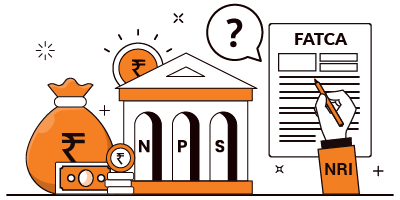











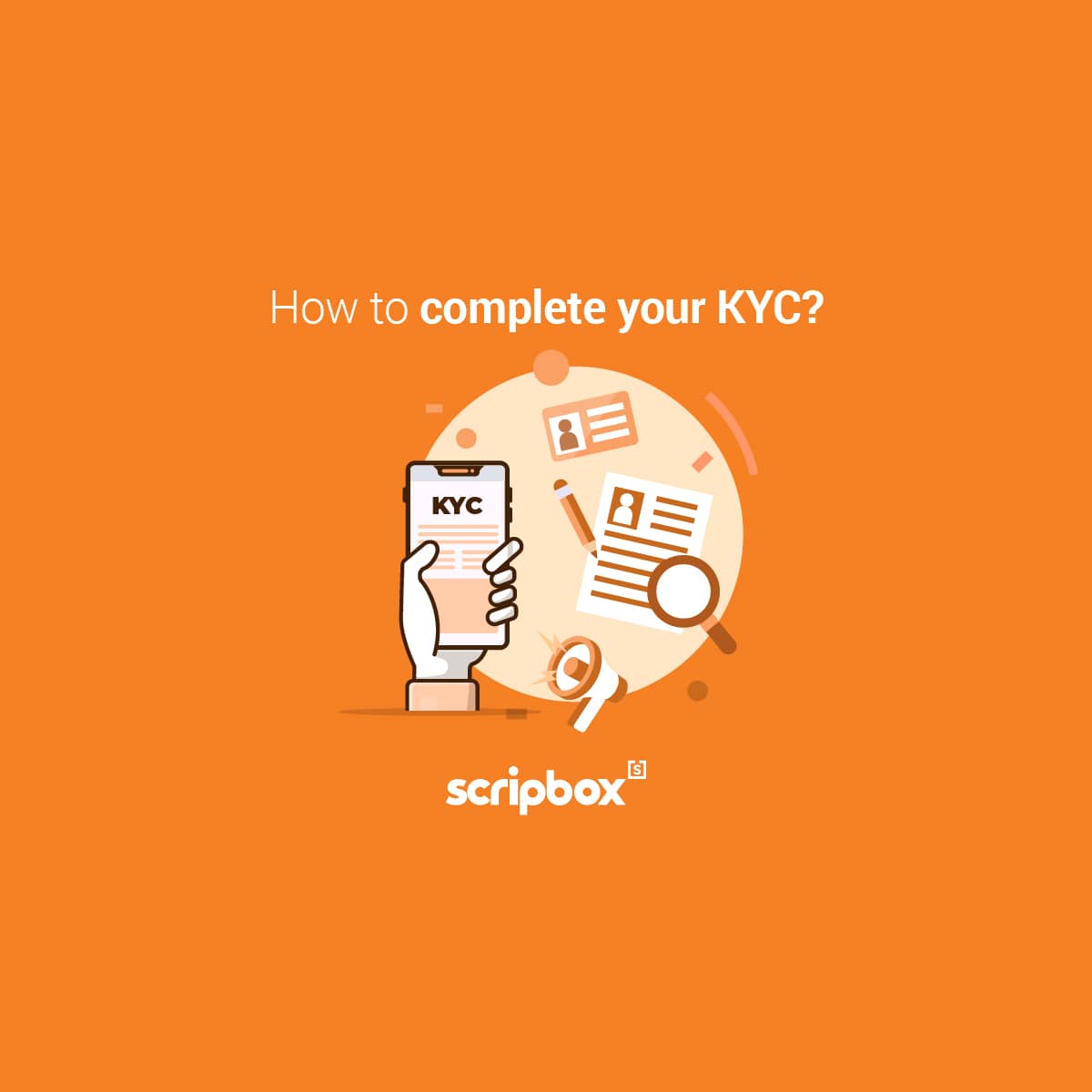
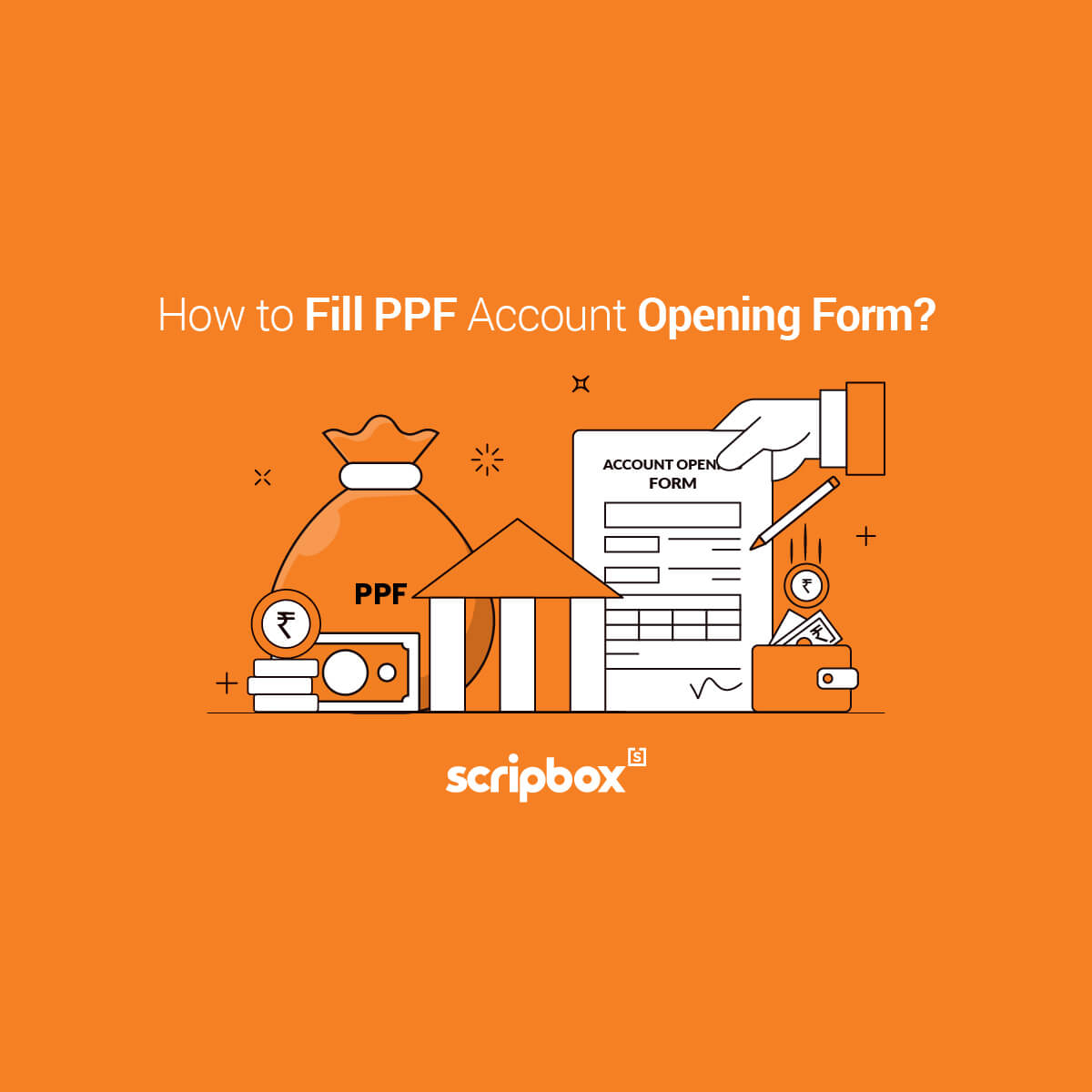
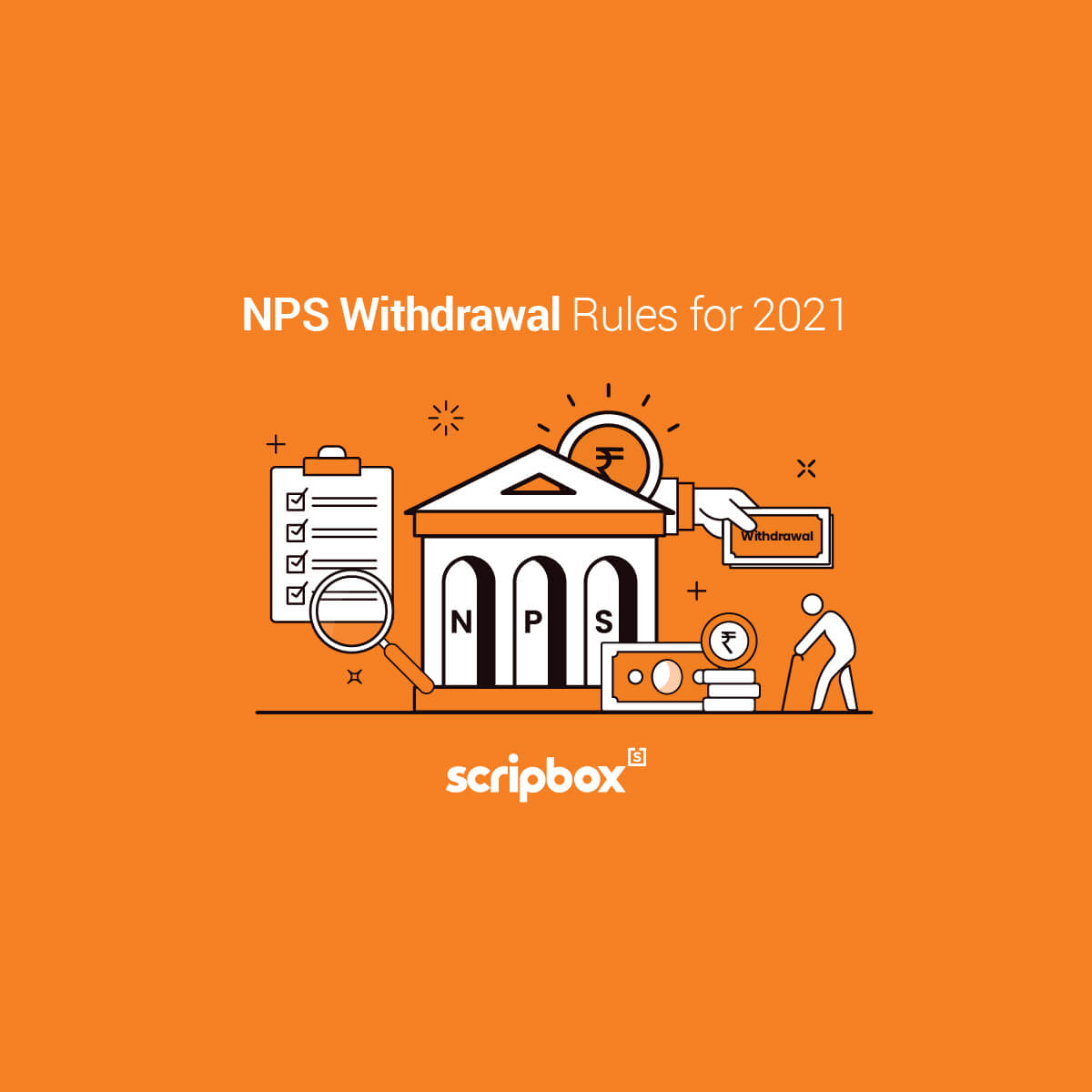
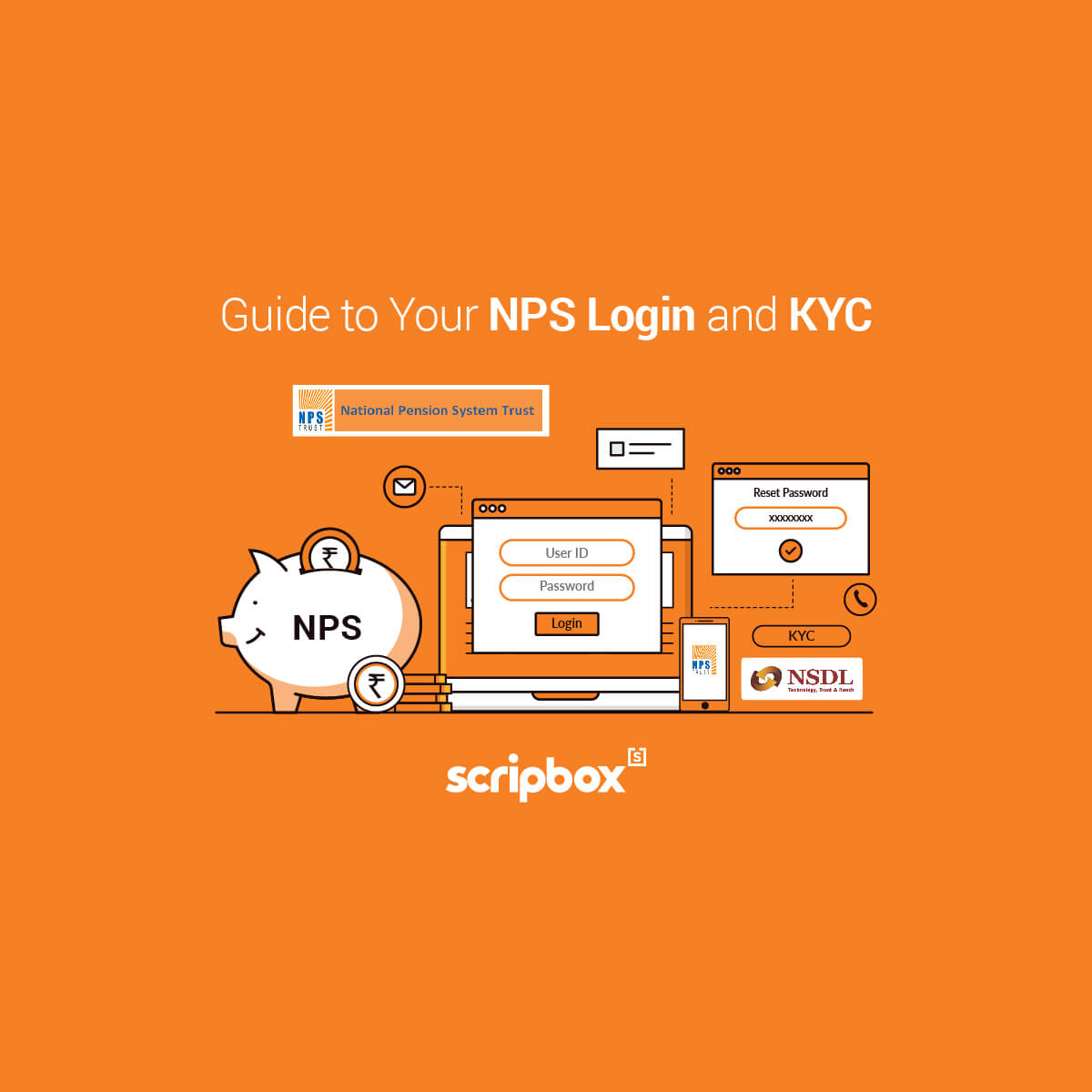
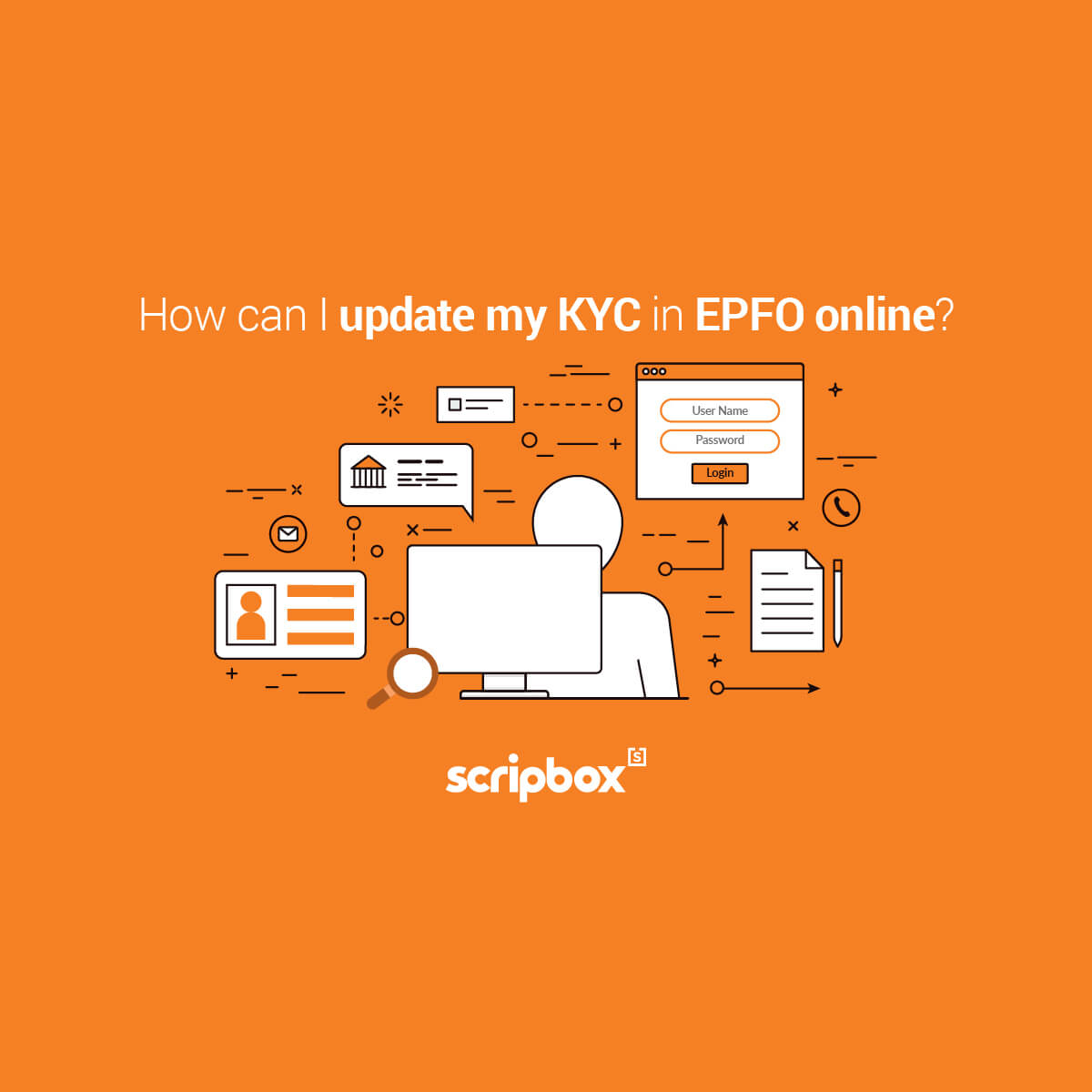












Show comments